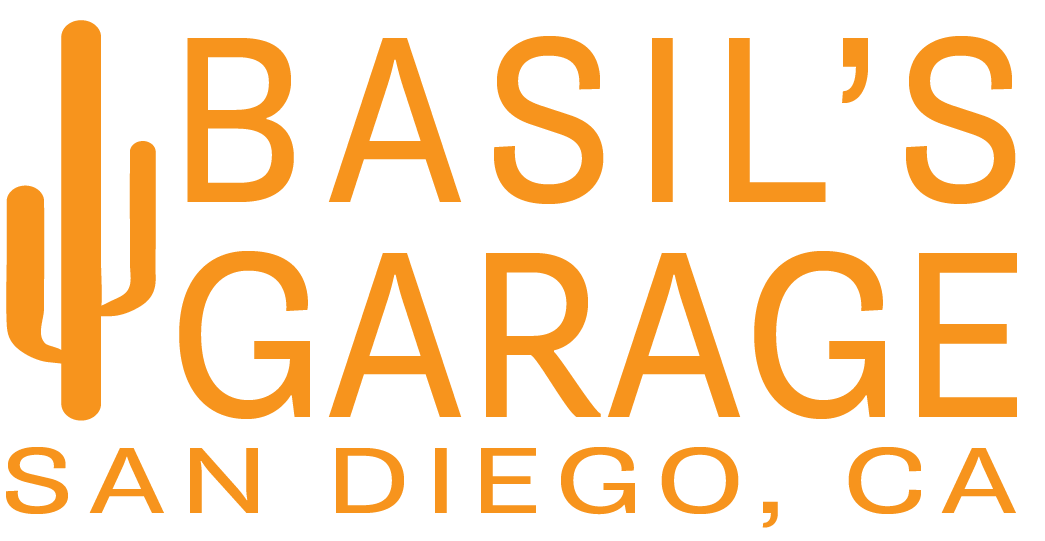Sustainability in design: the future of net zero building
If a new, highly energy-efficient product creates local jobs, then we’ll need a clear route to market for that product, as well as a value-based decision about how it’s deployed.
By working together, we believe the industry can apply these transformative, design to value processes at scale and thereby deliver enormous benefit for the world..In fact, we’re already seeing a wide range of benefits from the adoption of Platforms (P-DfMA) and our wider approach using modern methods of construction.

Our recent work in the UK with Landsec on a modular office building project has demonstrated the following advantages: the automation of processes leading to a 30-50% reduction in the numbers of people onsite, an increase in safety as a result of reduced work at height, lower capital costs with a 25% reduction in materials due to component optimisation, and a 13% improvement in speed.Already impressive, we expect these metrics will only continue to improve over time.. Design to Value.The starting point, and where we must begin in order to truly maximise the benefits that P-DfMA and MMC make possible, is to rework our core processes (design, procure, construct, operate) around a central, driving principle: process-led design.

In other words, we must begin with the manufacture and assembly process in mind.Innovation doesn’t respect discipline or sector boundaries.

It needs to sit across the entire operation.
We are interested in increasing quality, productivity, timeliness and cost effectiveness.Ensure data security while also capturing appropriate data to fuel the application (in time) of machine learning and AI to help with pricing and pipeline prediction.. Obviously, this is a complex challenge.
It raises a whole range of issues that would need resolving regarding insurances, warranties, IP, etc.And there is the big question of who would own the marketplace?
Ideally, this would be a neutral broker, such as Government.And there is even a partial precedent here in the UK in the form of G-Cloud, the UK Government’s Digital Marketplace for cloud technology and specialist digital services..
